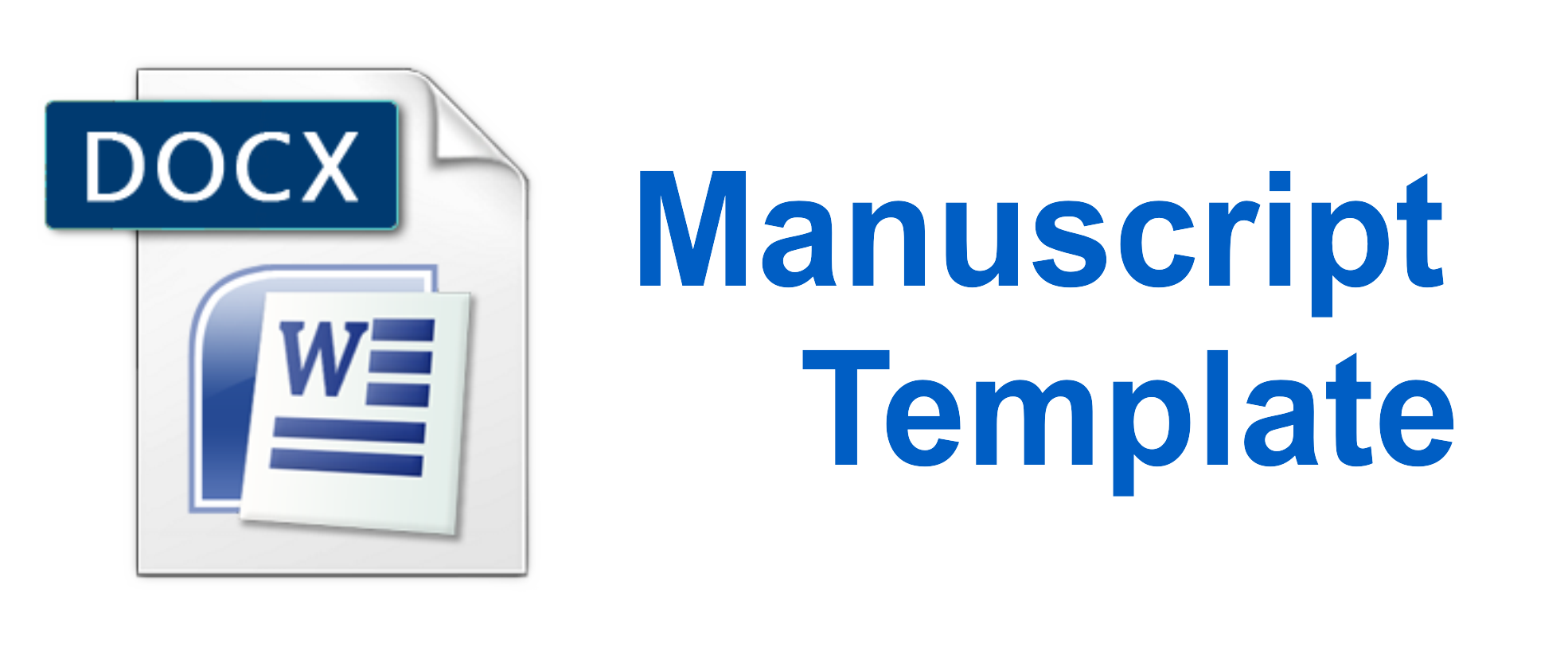Implementation of waste management policy in Morowali Regency (Study of waste management in Bahodopi District)
DOI:
https://doi.org/10.47353/lawpass.v1i1.1Keywords:
policy, management, waste, government and societyAbstract
This research is to determine the implementation of waste management policies in Morowali Regency. Waste Management Study in Bahodopi District. The type of research used is descriptive qualitative. Data types use primary data and secondary data. Data collection techniques are carried out through observation, interviews and documentation. The informant withdrawal technique purpose uses. The data analysis used is the Miles, Huberman and Saldana model, namely data collection, data presentation, data condensation and drawing conclusions. The waste problem in Bahodopi District is basically the responsibility of all parties, including the community, companies and local government. The habit of people who like to throw rubbish out of place makes waste management in this area increasingly ineffective and difficult to overcome. This habit of throwing rubbish carelessly is caused by a lack of education and facilities at rubbish dumps and final disposal sites. In fact, the current increase in population in Bahodopi District will have an impact on the balance of the city, including waste production. The greater the population of an area, the more waste produced every day will also increase. Based on the results of research conducted, the Implementation of Waste Management Policy in Morowali Regency. The Waste Management Study in Bahodopi District is relatively ineffective, there are still many problems that need to be resolved so that waste handling can be more optimal, starting from the aspects of communication, socialization, resources and bureaucratic structure, all of which have different problems from one another, so government and community commitment to carry out waste management consistently.
Downloads
References
Abdul Wahab, Solichin. 2005. Analisis Kebijakan: dari Formulasi ke Implementasi Kebijakan Negara. Jakarta: Bumi Aksara
Dunn N. William. 2003. Pengantar Analisis Kebijakan Publik. Gadjah Mada University Press. Yogyakarta.
Indiahono Dwiyanto. 2009. Kebijakan Publik: Berbasis Dinamyc Policy Analysis. Gava Media. Yogyakarta
Islamy Irfan M. 2009. Prinsip-Prinsip Perumusan Kebijaksanaan Negara. Bumi Aksara. Jakarta.
Keban T. Yeremias. 2004. Enam Dimensi Strategis Administrasi Publik: Konsep, Teori dan Isu. Gava Media. Yogyakarta.
Miles B. Mattew, Huberman A. Michael & Saldana. 2014. Qualitative Data Analysis. America: Sage Publication
Nawawi Ismail. 2009. Public Policy: Analisis, Strategi Advokasi Teori dan Praktek. Putra Media Nusantara. Surabaya.
Parsons Wayne. 2011. Public Policy: Pengantar Teori dan Praktik Analisis Kebijakan. Kencana Prenada Media Group. Jakarta.
Peraturan Daerah Kabupaten Morowali, Nomor 5 Tahun 2017 Tentang Pengelolaan Sampah
Subarsono AG. 2005. Analisis Kebijakan Publik: Konsep, Teori dan Aplikasi. Pustaka Pelajar. Yogyakarta.
Subarsono. AG. 2011. Analisis Kebijakan Publik (konsep. teori dan aplikasi). Yogyakarta: Pustaka Pelajar.
Sugiyono. 2007. Metode Penelitian Kuantitatif Kualitatif dan R&D. Bandung: Alfabeta
Tangkilisan S. Nogi Hessel. 2003. Implementasi Kebijakan Publik: Transformasi Pikiran George Edwards. Lukman offset & Yayasan Pembaruan Administrasi Publik Indonesia. Yogyakarta.
Undang-Undang Dasar Negara Republik Indonesia Tahun 1945
Undang-Undang Republik Indonesia Nomor 18 tahun 2008 tentang pengelolaan Sampah
Widodo Joko. 2010. Analisis Kebijakan Publik: Konsep dan Aplikasi Analisis Proses Kebijakan Publik. Bayumedia. Malang.
Downloads
Published
How to Cite
License
Copyright (c) 2024 Hayundwitama, Nasir Mangngasing, Nuraisyah, Djibril H. Kawuree

This work is licensed under a Creative Commons Attribution 4.0 International License.









